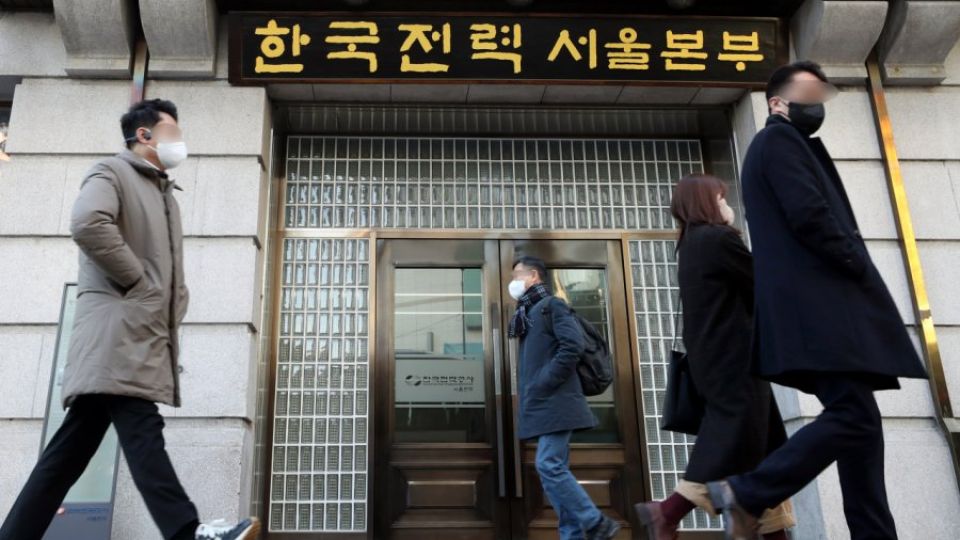August 30, 2023
SEOUL – Five subsidiaries of South Korea’s state-operated power utility firm Korea Electric Power Corp. are currently putting in joint efforts to sue Australian laboratory giant ALS Coal, on the basis that it falsified coal quality inspections and allowed low quality coal to be exported to Korea, industry sources said Tuesday.
According to an industry source close to the matter, the state-run subsidiaries under Kepco — including Komipo, Korea Southern Power, Korea Western Power, Korea East-West Power and Korea South-East Power — are taking legal steps to sue ALS.
Headquartered in Brisbane, Australia, ALS delivers inspection, certification and verification services in 65 countries. The company previously provided quality inspection services for coal exported from Australia to Kepco and its subsidiaries.
“We began preparing legal measures (to litigate against) ALS starting four to five years ago, as soon as the scandals involving ALS’ falsification of coal inspection results rose to the surface,” the source told the Korea Herald.
“The legal preparations — such as making Freedom of Information Act requests to the Australian government — have progressed very far, and we expect the five companies, including Komipo, to officially go to trial with ALS by the end of this year, or the start of next year,” he said.
“We are under the suspicion that the coal in question was imported by Komipo, Kospo and Kosep. The subject (suing ALS) was broached during the five companies’ regulatory meetings, and the five companies have decided to launch joint efforts to sue ALS in the latter half of 2020,” he added.
He said he did not know if the coal in question had been imported by the other two companies, EWP and Kowepo.
Korean power companies’ legal arrangements come after ALS found itself mired in controversy in 2019. A worker at Australian coal-producing company Terracom — which provided coal to ALS — raised allegations that year that ALS had been tampering with the results of coal inspection to boost its perceived quality. In return, the worker alleged ALS had been taking bribes from Australian coal producers such as Terracom.
The allegations, specifically, indicated that ALS and Noble Resources International, a Australian coal retailer responsible for supplying Australian coal to Korea, changed the coal’s calorific values to be higher than they actually were. The higher coal’s calorific value is, the more energy it contains and the more electricity it can generate when burned.
ALS admitted a year later that 45 to 50 percent of coal export certificates it had issued over the span of 13 years had been “manually amended without justification,” and the Australian Securities and Investments Commission began probing its operations.
A month after, Komipo and Kospo announced that they would no longer purchase ALS-tested coal.
According to legal documents obtained by The Korea Herald related to lawsuits between Terracom and its former employee-turned-whistleblower, three coal shipments that had been shipped by Noble were imported into Korea through Komipo and Kosep. As of 2020, Noble held a 14.9 percent stake in Terracom, which provides coal to ALS for quality inspections.
According to the documents, from May 2018 to June 2019, 232,791 metric tons of bituminous coal were bought by Komipo, while from November 2018 to May 2019, 226,993 tons of the same material were bought by Kosep.
“Currently, we are looking into if the (coal we imported from Noble) are actually of low-quality. If we did actually receive such coal, we are fully intent on asking for compensation,” the industry source said.


